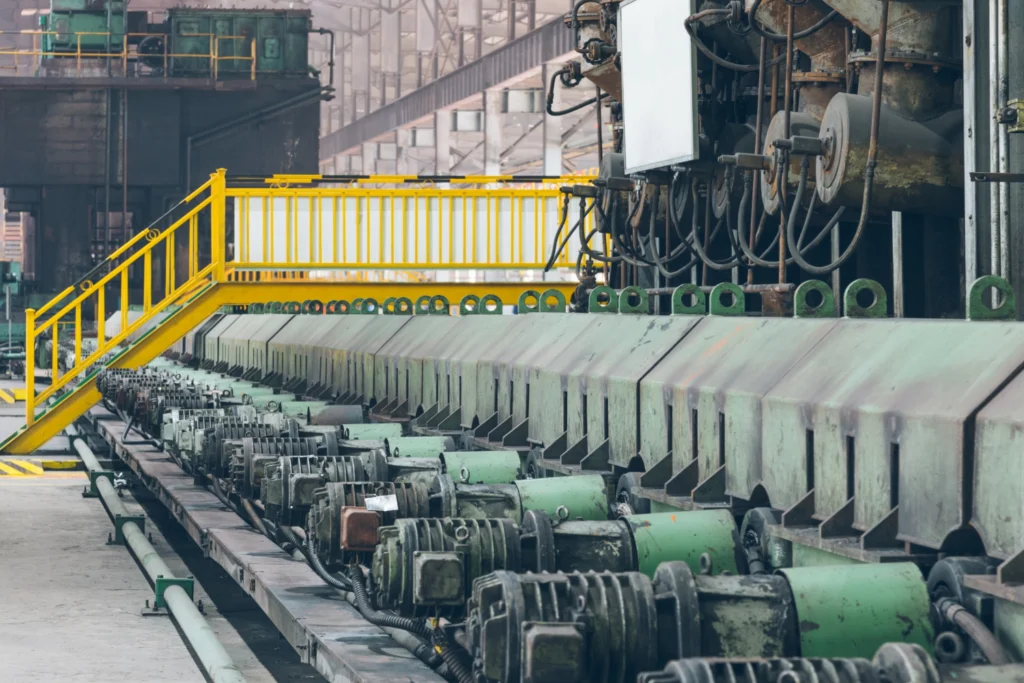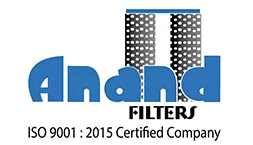
Why Are Industrial Filtration Systems Important For Manufacturing?
Industrial filtration systems play a crucial role in the manufacturing industry by ensuring the quality and efficiency of production processes. These systems are designed to remove contaminants, impurities, and pollutants from air, water, and other substances used in various manufacturing operations. The significance of industrial filtration systems lies in their ability to enhance product quality, protect machinery and equipment, and maintain a healthy and safe working environment. By preventing the entry of harmful substances into the manufacturing process, these systems help reduce downtime, minimize maintenance costs, and increase overall productivity. This content aims to delve into the importance of industrial filtration systems and their impact on the manufacturing sector.
Industrial Filtration Systems
Industrial filtration systems are decisive components in manufacturing processes, playing a vital role in maintaining the efficiency and quality of operations. These types of systems are designed to remove various contaminants from air, liquids, and gases, ensuring a clean and safe environment for production.
Particulate contaminants, such as dust, dirt, and debris, are efficiently filtered out by industrial filtration systems. These tiny particles can cause damage to machinery, leading to malfunctions or reduced performance. By removing particulates, these filtration systems help prolong the lifespan of equipment and enhance productivity.
Industrial filtration systems also address liquid contaminants. They effectively remove impurities, such as oil, grease, chemicals, and sediments, from liquids used in manufacturing processes. This ensures that the final products meet quality standards and are free from any harmful substances. Industrial filtration systems are essential tools in manufacturing, safeguarding the integrity of products, promoting equipment longevity, and ensuring the well-being of both workers and the environment.
The Importance of Clean and Pure Processes in Industrial Filtration Systems
Clean and pure processes play a vital role in industrial filtration systems. These systems are designed to eliminate impurities and contaminants from various substances, ensuring high-quality production. By maintaining a clean and pure filtration process, industries can enhance efficiency, prolong equipment lifespan, and reduce maintenance costs. Moreover, it guarantees the production of safe and pure end-products, preventing potential health hazards and ensuring customer satisfaction. Clean and pure processes in industrial filtration systems are not just essential for compliance with regulations but also for achieving optimal performance and maintaining a reputable brand image.
Quality Assurance
Industrial filtration systems ensure product quality and consistency across various industries by effectively removing impurities and contaminants from liquids and gases, and these filtration systems contribute to maintaining the desired standards and meeting industry regulations.
For instance, in the pharmaceutical industry, where precision is paramount, filtration systems help eliminate particulates that could compromise the purity and efficacy of medications. Similarly, in the food and beverage sector, filtration guarantees the removal of unwanted substances, ensuring the safety and taste of consumable products.
By employing robust filtration processes, manufacturers can confidently deliver high-quality products, gain customer trust, and avoid costly product recalls or regulatory penalties.
Machinery Protection
Industrial filtration systems also safeguard manufacturing machinery from damage caused by contaminants. These contaminants, such as solid particles or corrosive substances, can lead to equipment wear, clogging, and even catastrophic failures.
For example, hydraulic systems in heavy machinery are susceptible to contamination by dirt or metal particles. Without proper filtration, these particles can cause abrasion, leading to component failure and expensive repairs. Similarly, cooling systems in power plants can suffer from fouling, reducing efficiency and increasing maintenance costs.
Types of Industrial Filtration Systems
Industrial filtration systems are there in various industries, ensuring the purity and quality of fluids and gases used in production processes. There are several types of filtration systems available, each designed to meet specific industry needs. One common type is the bag filter system, which uses fabric bags to capture solid particles from liquids or gases. Another popular option is the cartridge filter system, which utilizes disposable cartridges to trap contaminants. For more demanding applications, industries turn to high-efficiency particulate air (HEPA) filters, capable of removing even the tiniest particles. Additionally, there are sand filters, magnetic filters, and activated carbon filters, each suitable for different filtration requirements. Ultimately, selecting the right industrial filtration system is crucial to maintaining product integrity, improving efficiency, and ensuring a safe working environment.
Liquid Filtration Systems
When it comes to industrial filtration systems, liquid filtration plays a crucial role in maintaining the quality of various manufacturing processes. There are several methods employed for liquid filtration, each with its unique advantages and applications.
These liquid filtration methods find applications in different manufacturing sectors. For example, sedimentation is commonly used in wastewater treatment plants to remove solid particles before releasing water back into the environment. Centrifugation is crucial in pharmaceutical manufacturing, where it is used to separate active ingredients from impurities. Membrane filtration is essential in the dairy industry, as it ensures the removal of bacteria and other contaminants from milk and other dairy products.
Air Filtration Systems
In the manufacturing industry, air quality is of utmost importance to ensure the well-being of workers and the efficiency of processes. Air filtration systems are specifically designed to remove dust, smoke, and other airborne contaminants from the manufacturing environment.
These filtration systems typically consist of filters that trap particles as air passes through them. High-efficiency particulate air (HEPA) filters are commonly used to capture even the tiniest particles, ensuring clean and breathable air. Additionally, electrostatic precipitators and activated carbon filters are employed to remove harmful gases and odors. Furthermore, compliance with health and safety regulations is ensured by implementing effective air filtration systems.
Choosing the Right Filtration System with Anand Filters
Choosing the right filtration system is very important for ensuring clean and healthy air in your home or workplace. Anand Filter one of the best industrial filter manufacturers in india offers a wide range of high-quality filtration systems that cater to different needs. Whether you require a system for removing dust, allergens, or harmful gases, Anand Filter has got you covered. Their advanced technology and efficient designs ensure optimal air purification and improved indoor air quality. With Anand Filter, you can trust that you are making a wise investment in a filtration system that will provide you with pure and fresh air for years to come.

